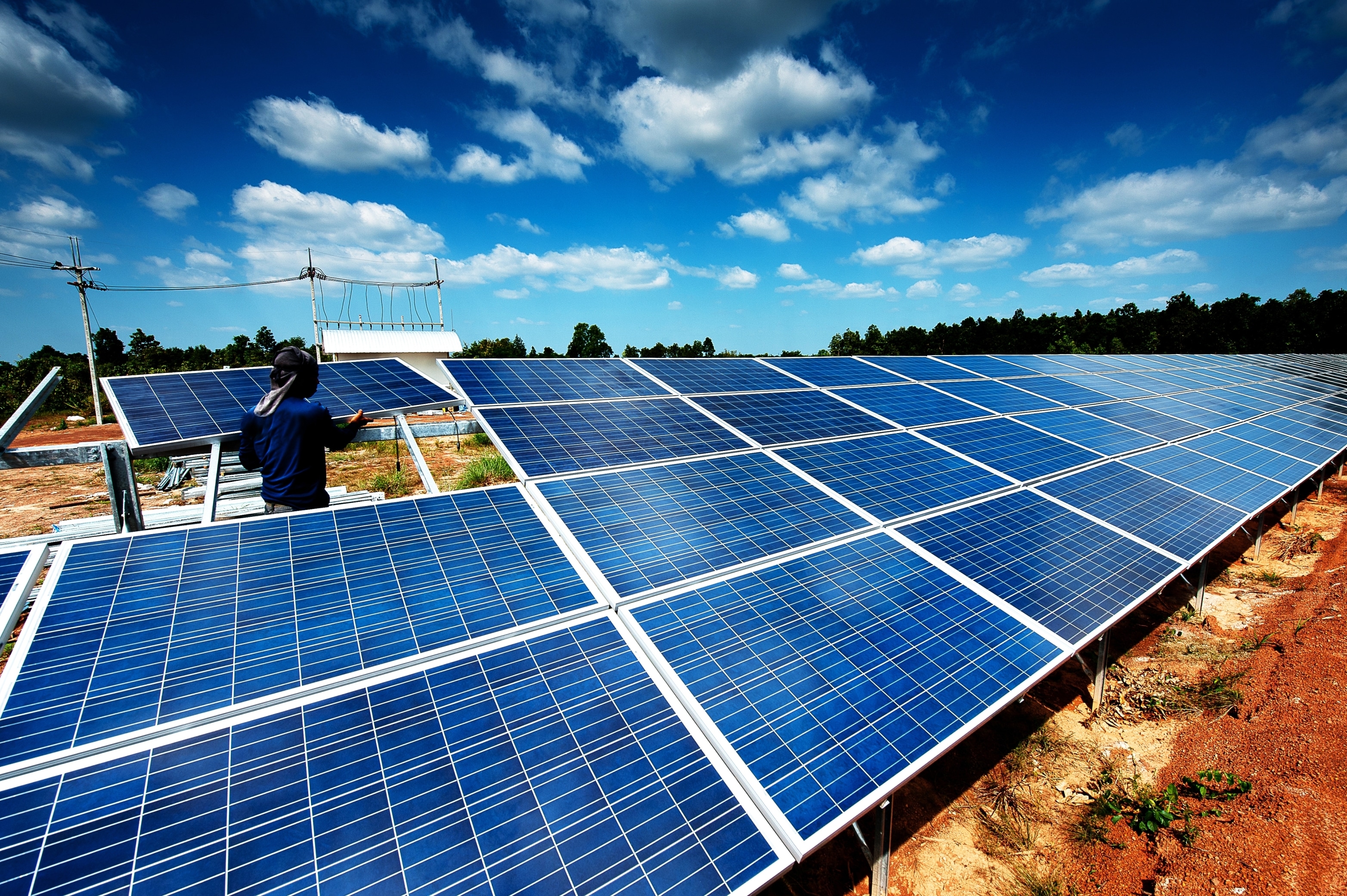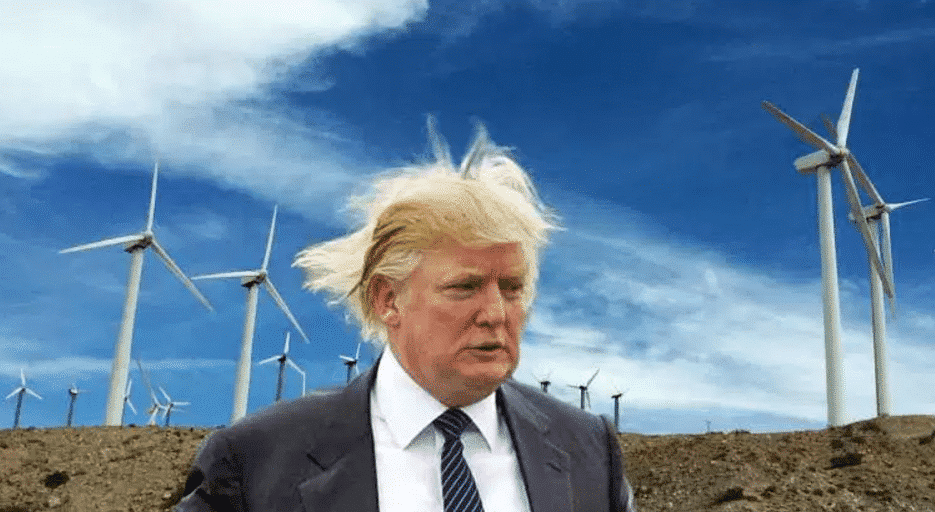Given his job as a futurologist, a lot of fearful, liberally minded types have been asking Mark Stevenson what he thinks about the future in light of the new US president-elect. The world, some believe, is over. That’s it. The most powerful nation on Earth has chosen a childlike, racist and sexist bigot for its highest office. There is confusion and disbelief that millions of Americans could vote for such a candidate.
Stevenson wants you to know that there is work to do. This extract from his recent piece published on Medium has been adapted for Atlas of the Future.

Some believe the world is over… not this pragmatic optimist
The arc of history still bends towards justice: A progressive movement everyone can sign up to
by Mark Stevenson
As I say in my forthcoming book, We Do Things Differently:
“If the democracy you live in can’t save you from the injustices of inequality, if its regulators are lame ducks, if it can’t find ways to punish those who criminally mismanage the financial system and if the media (supposedly one of the institutions that holds everyone to account) peddles partisan untruths at you with depressing regularity – and this all happens no matter who is in power – why vote for the usual suspects, or at all?”
What Trump and Farage, and the other so-called ‘populists’ have realised is that democracy as practised has not empowered a great many people, it has brutalised them, by offering them a facsimile of representation: two choices once every four or five years who will both ignore them. This offers up a section of the electorate the demagogues can turn to their aims with promises they will no longer be ignored. “The forgotten men and women of our country will be forgotten no longer,” said Trump in his victory speech.

Trump and Farage decide how to unlock the Gates of Hell with Rock, Paper, Scissors?
When my liberal friends say ‘they’re all racists’ or ‘they’re all sexists’ I ask them what the breeding ground for prejudice is – and it’s generally agreed that it’s this: lack of access to prosperity, travel, a decent education, social mobility and so on. Mark Twain’s maxim that ‘travel is fatal to prejudice’ holds true, but if economic forces wipe out the jobs in your town and your government does next to nothing to help you transition to a new model of prosperity then your ability to travel – physically, emotionally, intellectually – is deeply hampered. Our elected leaders have singularly failed to address the problem of inequality and now we are all reaping the dividend – a huge structural divide in society.
So, what do we do? Well, there is a way out of this. And it’s not something that Trump can stop, or Farage can stop, or Sanders can stop, or Corbyn can stop.
Right now, in Georgetown, Texas – a small city of 60,000 people (majority Trump voters) is moving over to renewables. Why? Because, even though they’re in the middle of oil country it’ll be cheaper, it’ll use less water (useful in a state prone to extended drought) and the energy price will be stable, allowing them to invest in their community with confidence for the long term. The Green Tea Coalition is a group of environmentalists (generally Democrats) and tea-party members working together to fight utilities who are trying to stop Americans having solar panels on their roofs.

Grassroots activists are coming together from across the aisle
This quarter Tesla made its first proper profit, while last year the US oil industry lost billions as oil prices plummet, thanks to nations like Saudi Arabia flooding the market with cheap supplies. Why are the Saudi’s doing this? Because they need to sell it while they can. The nation has announced a plan to transition its economy away from dependence on oil within two decades, while the neighbouring UAE has announced that from next year it will be buying solar power at half the price of oil and gas.
When you change the cost of, and access to energy you change nearly everything about economics and politics. A democratised and cheap energy system allows poor communities to invest in the very things that their governments haven’t – jobs, schools, hospitals, opportunity.

We have to aim for new heights
Meanwhile technologies are coming online that will allow us to make liquid fuels and plastics from the CO2 in the atmosphere in a commercially successful way. Audi is already making diesel from thin air (working with one of the prize’s finalists), while Ikea have just signed a $10billion licensing deal with US firm Newlight Technology to make thermoplastics from the sky.
A few weeks ago the US Oak Ridge laboratories found a way to convert a solution of CO2 dissolved in water, at room temperature into ethanol, with a yield of 63%, using just 1.2 volts applied to new catalyst (which they admit they discovered by accident). At those temperatures and with so little energy needed the technology looks eminently scalable, so predictions from people like the Solar Fuels Institute that the first commercial sky-fuels will be with us within a decade look entirely reasonable. And when you can take fuel from the sky you disintermediate those who take it out the ground. This won’t happen overnight. The transition will take a generation.

Audi is making diesel from thin air
Here’s something Trump and Clinton supporters (and those who didn’t vote) can all agree on: cheap, locally owned energy with a stable price boosts opportunity and prosperity. Good news environmentalists, it does it while reducing carbon emissions. In short it’s a progressive movement that includes everyone.
The economic argument is compelling (as the people who’ve already done it demonstrate), the social argument too. Want to reconnect a divided nation, and unleash the forces of a progressive, liberal society? Then fight for a new energy system that really does give power to the people, that really does allow them to ‘take back control’. It plays very nicely with Trump’s stated agenda to build a better American infrastructure and loosen the control of government – and the fact it’s already happening in towns that voted for him can’t hurt.

Solar Fuels Institute’s ‘Solar tree’ creates liquid fuel
Just to be clear, the transition will bring a great deal of pain to the existing energy industry and the families who rely on it paying their wages. It’s a similar pain that millions of US truck drivers will feel at the hands of driverless technology. If you’re a worker in those industries your government and professional bodies should be doing something to help you transition. They probably won’t, I’m afraid to say.
Trump is a natural consequence of the choices our governments have made to ignore a huge swathe of people whom couldn’t be cheaply be repurposed into a different role in the global economy evolving around them – governments so busy looking at the dashboard they forgot to look at the road. One answer to this problem is to hand those people the tools to build their own economies. Over the next 20 years the economics of renewables on an Energy Internet will play out. It offers enormous hope and there is very little any political party can, in the long run, do to thwart it. Those that try will find their economies deeply uncompetitive, the national equivalents of Kodak or Blockbuster. We are not going back to film in our cameras, or VHS rentals – and we will come to see the current centralised energy system just as ridiculous in a generation or two from now. Power to the people indeed.

Energy Internet will play out
None of this, of course, stops Trump being a sexist, racist bigot – and every progressive everywhere had better stand up to that. It’ll be ugly. But the ugliness has its roots in an economic divide that we can, with technology and understanding, bridge. The existing energy players will resist, they will fight. They will lose, as Big Energy finds itself on the wrong side of its own argument – no longer seen as powering growth, but throttling it. The bankruptcy of Kodak at the hands of the Internet and mobile phones didn’t result in the world taking any fewer pictures and the death of the energy players who fail to adapt to an Internetised energy market won’t see us with a lack of energy.
If you care about democracy, work to democratise energy. And don’t stop until we get there. Let’s go to work.

Stevenson sets out to find new solutions
For more from Mark Stevenson, read his FutureHero interview, AtlasChart Top 5 and full piece on Medium here. And check out his stories from the frontline of the future in ‘We Do Things Differently: The Outsiders Rebooting Our World’.

